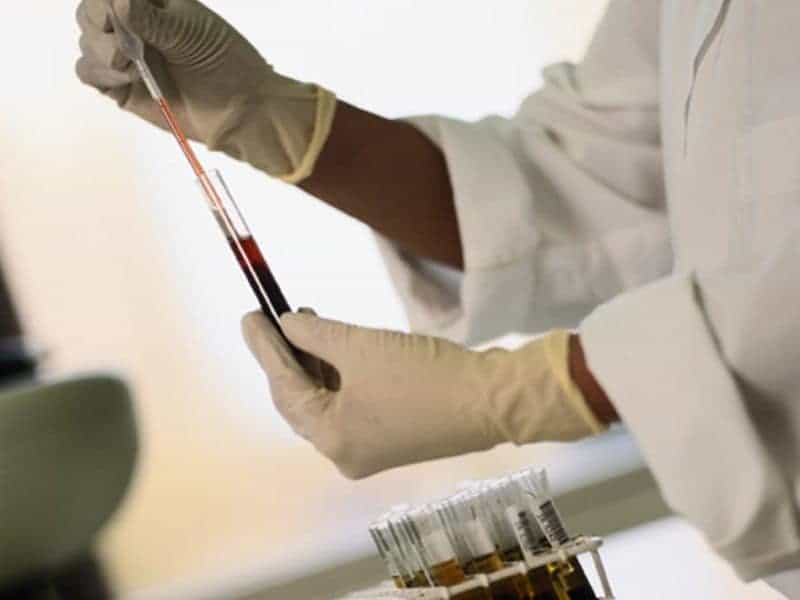WEDNESDAY, Nov. 6, 2019 (HealthDay News) — Use of sex-specific diagnostic thresholds for myocardial infarction identifies more additional women than men with myocardial injury, but women are less likely to receive treatment, according to a study published in the Oct. 22 issue of the Journal of the American College of Cardiology.
Kuan Ken Lee, M.D., from the University of Edinburgh in the United Kingdom, and colleagues enrolled 48,282 patients (47 percent women) with suspected acute coronary syndrome in a randomized, controlled trial to examine the impact of implementing a high-sensitivity cardiac troponin I assay with sex-specific diagnostic thresholds for myocardial infarction.
The researchers found that use of the high-sensitivity cardiac troponin I assay with sex-specific thresholds increased the identification of myocardial injury by 42 and 6 percent in women and men, respectively. Compared with men, women with myocardial injury remained less likely to undergo coronary revascularization (15 versus 34 percent) and to receive dual antiplatelets (26 versus 43 percent), statins (16 versus 26 percent), or other preventive therapies following implementation. The primary outcome of recurrent myocardial infarction or cardiovascular death at one year did not differ significantly before and after implementation for women or men with myocardial injury (18 and 17 percent, respectively, of women; 18 and 15 percent, respectively, of men).
“It’s now important that this blood test, with its specific measures for men and women, is used to guide treatment and that we address these disparities in the care of men and women with heart attack,” Lee said in a statement.
Several authors disclosed financial ties to the biopharmaceutical industry.
Copyright © 2019 HealthDay. All rights reserved.



